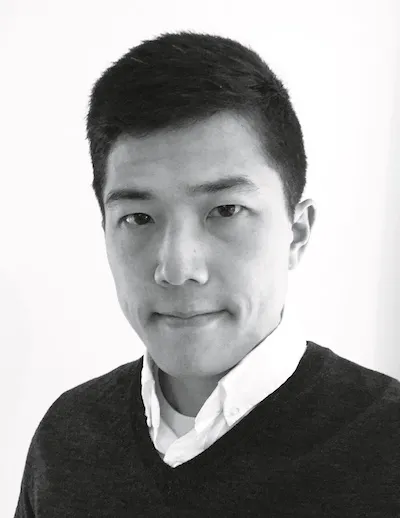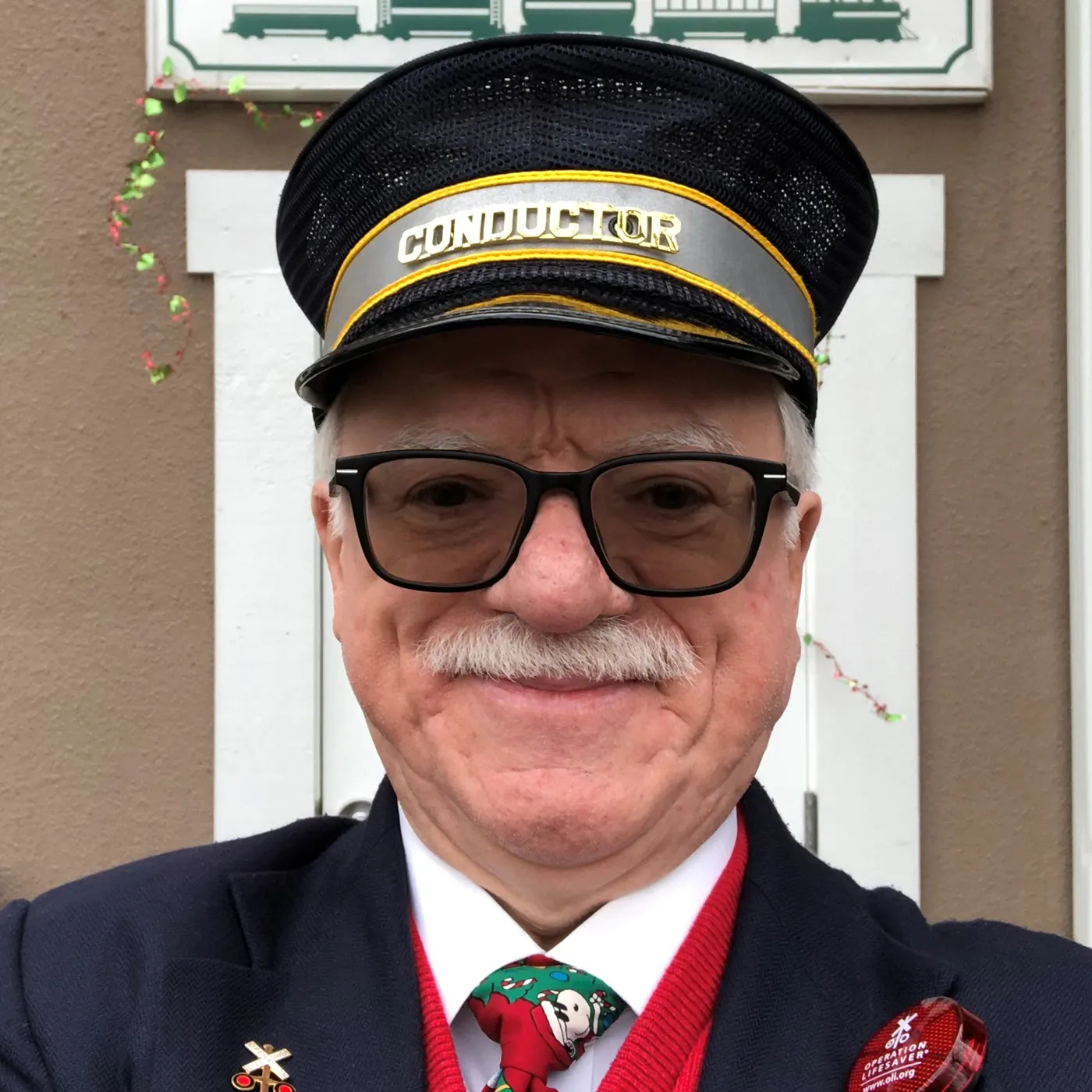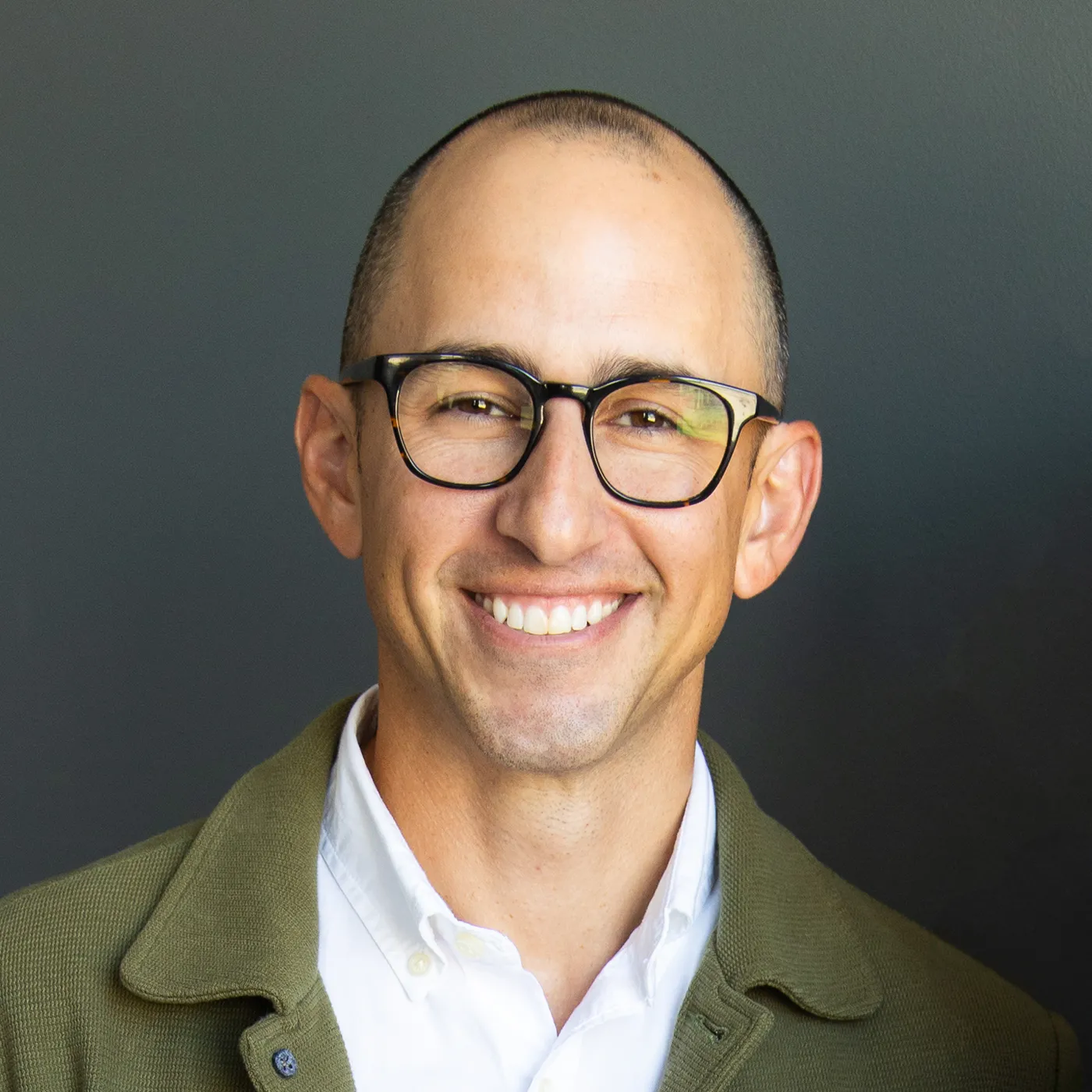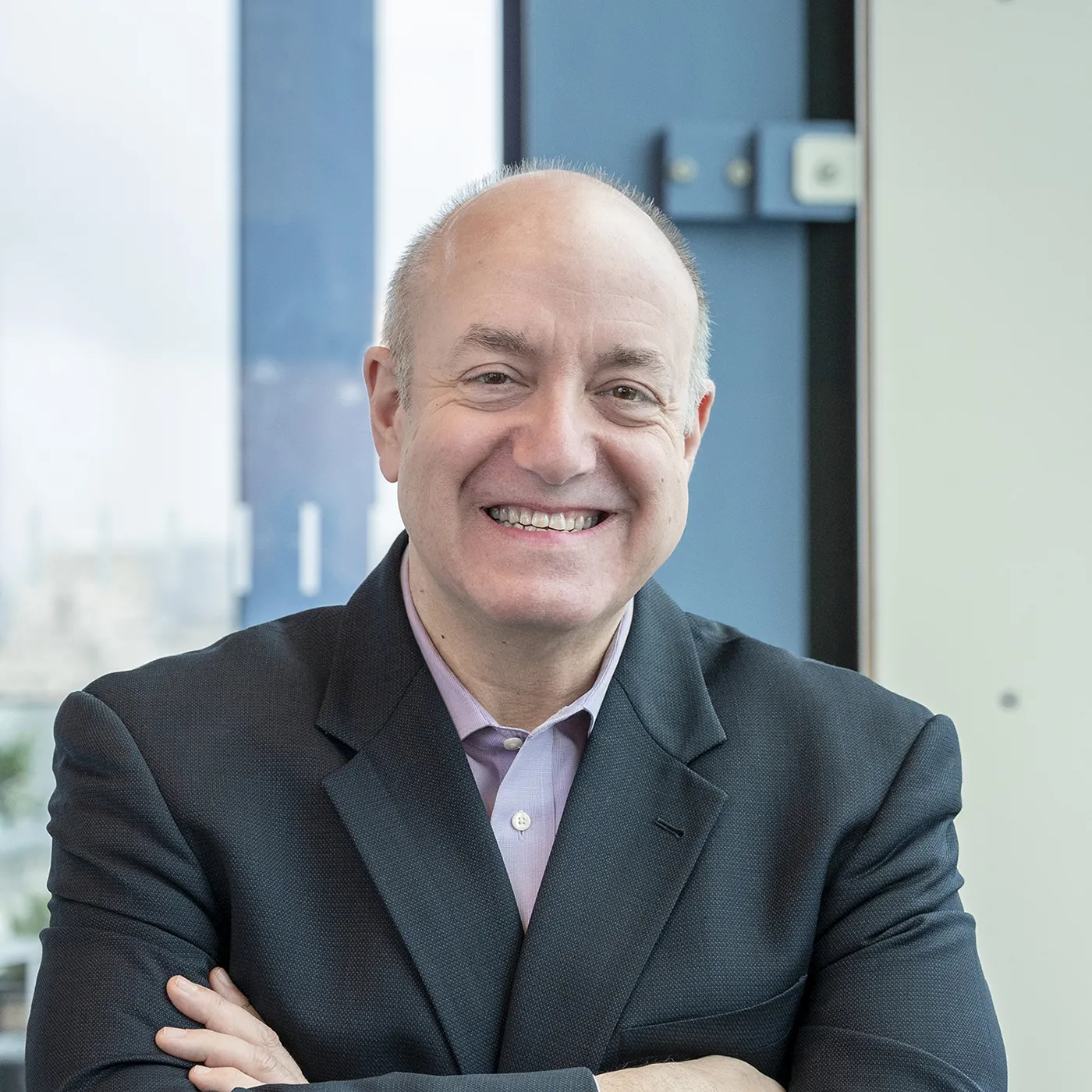David Pi, ’13: Prioritizing Substantive Legal Experiences and Pro Bono

Last year, the Chicago Bar Foundation recognized David Pi, ’13, with the Maurice Weigle Exceptional Young Lawyer Award, given to the one Chicago attorney under 37 years old who has most fully furthered the ideals of the legal profession, contributed to making the organized bar an effective force for improving the legal profession, and shown a commitment to pro bono and community service.
Pi, who has been at Schiff Hardin since he graduated and was named a partner at the firm earlier this year, might have outdistanced the other worthy Weigle Award nominees with his exceptional pro bono work, which has amounted to nearly 3,000 hours since he joined the firm. Although his pro bono cases cover a variety of areas, the focus has been on violations of constitutional rights and immigration-related asylum cases. Of the seven asylum cases he has handled, five have been favorably resolved and two are awaiting decisions. For his work, the National Immigrant Justice Center also honored him with its Rising Star award in 2018.
“Of course, pro bono work gives me a sense of purpose and satisfaction because the cases and clients are so compelling,” he said. “But, more broadly, the work helps the legal system reach informed, reasoned outcomes. One of the most significant predictors of whether an asylum seeker will prevail at their hearing is simply whether or not they are represented by counsel. With thousands of unrepresented people who depend on the result of legal proceedings like these, I can’t just be a spectator.”
His practice area at Schiff is complex commercial litigation, where he represents clients on a range of general commercial disputes with a focus on insurance and reinsurance coverage cases. “The problems tend to be very cerebral—it’s a bit like solving puzzles all day,” he said. “It really brings out the UChicago nerd in me.”
Pi received his undergraduate degree from UChicago in 2006, after having graduated from high school in Korea (he was born in the United States, but his family returned to Korea when he was young). Uncertain about what career he might want to pursue, he went to work at the healthcare consulting firm Sg2, where he quickly took on ambitious projects, including hosting a group of US healthcare executives on an extensive overseas trip to observe best practices at hospitals and companies that excelled at logistics and operations. “It was a great experience because it taught me to think big when problem solving, but then to focus on the practical implementation of those ideas,” he said. “We really improved performance among our US hospital members, and that was very satisfying.”
Despite his success and satisfactions at that job, he decided that he wanted to go to law school—but not until he had done some further service to humankind. “It was very appealing to me—drop everything, learn a new language and culture, and devote myself to development work in one small community,” he said to explain his decision to join the Peace Corps, where he served for two years in Romania. He taught high school there, established a Model United Nations program that has now engaged thousands of student participants, and bolstered a lasting partnership with Habitat for Humanity.
At the Law School, he was enthralled from the beginning to the end. “My first-year classes were so inspiring,” he recalled. “There were so many ‘Aha!’ moments, my classmates were bright and passionate about learning, and there was such a powerful sense of intellectual camaraderie. It continued that way throughout my time there, and I couldn’t get enough of it.” He was a winner of the Mulroy Prize and worked as a research assistant to professors Levmore and Porat.
In choosing a firm to join, he had two requirements: that he would get to do plenty of pro bono work and that he would do substantive legal work early in his tenure. “Schiff Hardin checked those boxes and more when I was interviewing, and if anything the firm has exceeded even what I would have expected,” he said. “Here, as at the Law School, there’s a special blend of challenge, opportunity, support, and commitment to excellence that just seems to bring out the best in people.”


